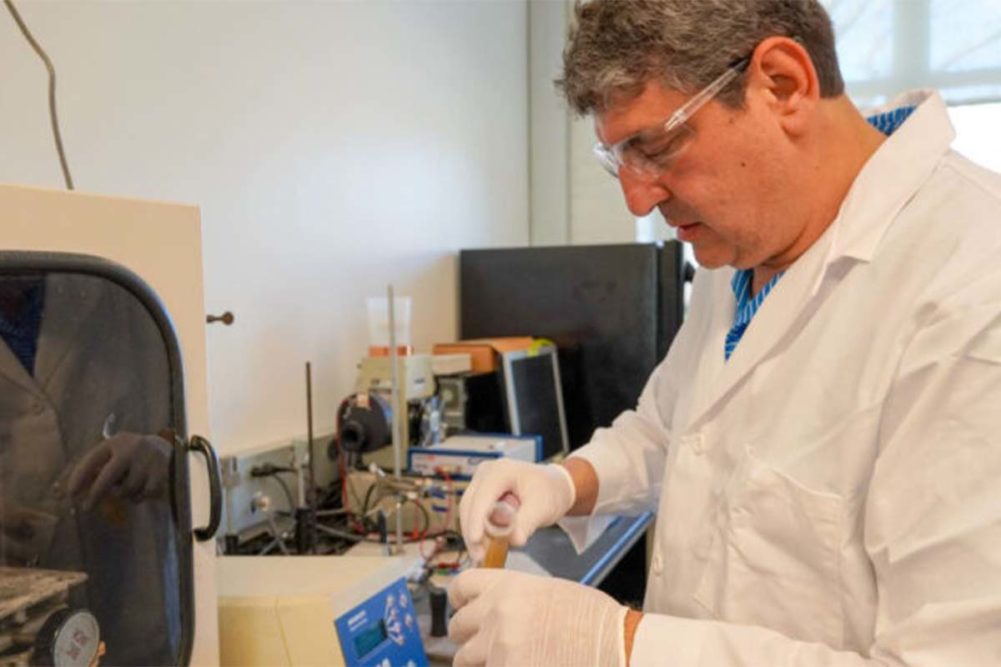AUBURN, ALA. — Auburn University announced that one of its associate research professors was awarded two patents for innovations designed to reduce waste, including one developed for meat products.
Burak Aksoy, associate research professor in the College of Forestry, Wildlife and Environment (CFWE) at Auburn University, developed a packaging solution aimed at reducing waste in the human food supply by closely monitoring meat freshness.
Aksoy claims the primary cause of food spoilage is bacterial growth. Today, the annual economic loss due to food spoilage is $161 billion from 40 million tonnes of discarded food in the United States, according to the press release from Auburn University.
Aksoy’s research looks to reduce food waste by improving the current system of identifying food spoilage. He noted that the current standard of using a “Sell by” date can be inaccurate in two ways: A customer could buy a spoiled product, or a store could discard a product that is still safe for consumption.
Aksoy’s inexpensive solution for real-time freshness monitoring relies on a gas-sensing coating that detects volatile compounds. All meats give off certain basic volatile compounds as they break down.
The gas-sensing coating is applied to a sticker that adheres directly to the packaging of meat products. The sticker monitors the presence of compounds that indicate spoilage and progressively changes color to indicate the freshness level of the product.
“Everyone — consumers and retailers — will know the level of freshness or spoilage at a glance and be able to act accordingly,” Aksoy said.
The other patent is for an aquafeed binder based on soybean hulls to help the pellets stay intact in the water until fish and/or shrimp can consume them.
Aksoy said the food industry has already indicated great interest in his innovations, and he anticipates a global appeal.
“These two innovations have great economic potential alongside their promise for advancing sustainability and reducing waste,” said Janaki Alavalapati, the Emmett F. Thompson Dean of the CFWE. “Both of his solutions are scalable, affordable and can easily be manufactured by adapting existing machinery, so there are fewer infrastructure costs at the start.”
The products were developed in collaboration with representatives from the US Department of Agriculture’s Agricultural Research Service and the Alabama Center for Paper and Bioresource Engineering.



